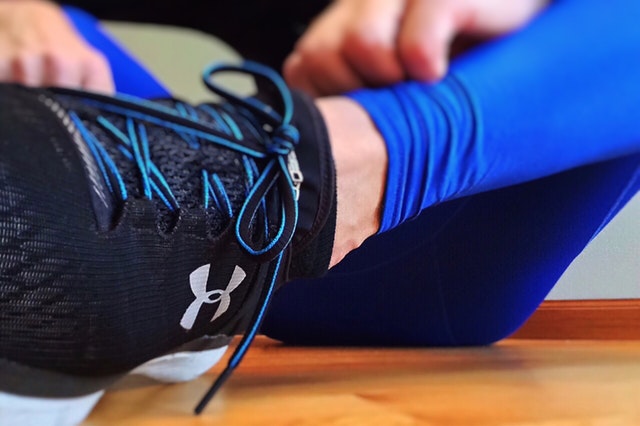If you are concerned with developing varicose veins, there are a few steps you can take to lower the likelihood those swollen vessels will occur. One involves a food that you are probably not eating now and may never have heard of before. Buckwheat, an inexpensive, easy-to-prepare ingredient, has also been highly touted for its many health benefits, including a lower risk for varicose veins.
What is Buckwheat?
Despite its name, buckwheat is not actually a type of wheat, which makes it gluten-free. It is a seed from a plant in the same category as rhubarb. The seeds can be eaten raw, cooked into cereal or ground into flour and used in baked goods. It is a complete protein source packed with vital nutrients, including some that might be useful in warding off varicose veins.
Nutritional Benefits
Buckwheat offers many nutritional benefits, including a few that may sound a bit unfamiliar:
Rutin – This important bioflavonoid has been shown to strengthen smaller blood vessels, promoting a healthier vascular system. At the same time, rutin may lower cholesterol, prevent blood clots and decrease your risk for some types of allergies.
Tannins – Usually found in tea, these compounds have been found to improve diabetes. Tannins also improve the good bacteria in the gut that helps to fight off bacterial infections.
Vitamins – Buckwheat is rich in B vitamins, including B6, niacin, thiamin, folate and choline.
Minerals – Buckwheat is also a good source of trace minerals like magnesium, copper and manganese.
The Varicose Vein Connection
Rutin is the primary substance in buckwheat found to promote a healthy vascular system and reduce the risk for varicose veins. However, other antioxidants in the seeds, such as catechins, quercetin and hyperin, are also effective in protecting the body from free radical damage that can lead to weakened blood vessels and a higher risk for varicose veins. Studies conducted in France and China discovered that regular consumption of buckwheat led to improved circulation and stronger vessels.
Cooking Buckwheat
Buckwheat can be used cold in salads and trail mix. It is best to soak the seeds and let them sprout slightly in a sprouting tray before eating raw, because this process softens the seeds and makes them easier to digest. You can also cook buckwheat in water to create a tasty porridge for your morning breakfast.
Even when you take steps like adding buckwheat to your diet, there is no guarantee a few varicose veins won’t show up over time. One of the biggest risk factors for this condition, heredity, is one you cannot control or change. The good news is that if varicose veins do develop, Incredible Veins Skin & Body offers minimally-invasive treatments that eliminate varicose veins without discomfort or downtime. To learn more, contact Incredible Veins Skin & Body at 818-446-2995.




